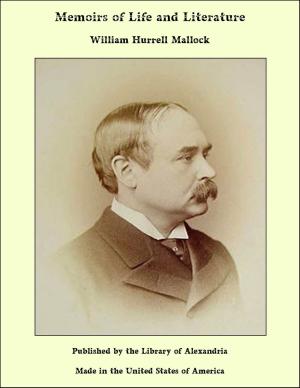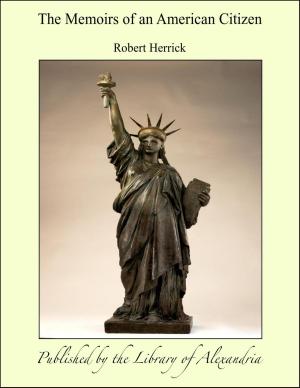| Author: | Randall Garrett | ISBN: | 9781465549723 |
| Publisher: | Library of Alexandria | Publication: | March 8, 2015 |
| Imprint: | Language: | English |
| Author: | Randall Garrett |
| ISBN: | 9781465549723 |
| Publisher: | Library of Alexandria |
| Publication: | March 8, 2015 |
| Imprint: | |
| Language: | English |
The Capitol was, at any rate, some relief from the sight of Thomas Boyd and a group of agents busily grilling two technicians. That was going on in the Senate Office Building, and Malone had come over to watch the proceedings. Everything had been set up in what Malone considered the most complicated fashion possible. A big room had been turned into a projection chamber, and films were being run off over and over. The films, taken by hidden cameras watching the computer-secretaries, had caught two technicians red-handed punching errors into the machines. Boyd had leaped on this evidence, and he and his crew were showing the movies to the technicians and questioning them under bright lights in an effort to break down their resistance. But it didn't look as though they were going to have any more success than the sun was having, turning Washington into the Sahara. After all, Malone told himself, wiping his streaming brow, there were no Pyramids in Washington. He tried to discover whether that made any sense, but it was too much work. He went back to thinking about Boyd. The technicians were sticking to their original stories, that the mistakes had been honest ones. It sounded like a sensible idea to Malone; after all, people did make mistakes. And the FBI didn't have a single shred of evidence to prove that the technicians were engaged in deliberate sabotage. But Boyd wasn't giving up. Over and over he got the technicians to repeat their stories, looking for discrepancies or slips. Over and over he ran off the films of their mistakes, looking for some clue, some shred of evidence.
The Capitol was, at any rate, some relief from the sight of Thomas Boyd and a group of agents busily grilling two technicians. That was going on in the Senate Office Building, and Malone had come over to watch the proceedings. Everything had been set up in what Malone considered the most complicated fashion possible. A big room had been turned into a projection chamber, and films were being run off over and over. The films, taken by hidden cameras watching the computer-secretaries, had caught two technicians red-handed punching errors into the machines. Boyd had leaped on this evidence, and he and his crew were showing the movies to the technicians and questioning them under bright lights in an effort to break down their resistance. But it didn't look as though they were going to have any more success than the sun was having, turning Washington into the Sahara. After all, Malone told himself, wiping his streaming brow, there were no Pyramids in Washington. He tried to discover whether that made any sense, but it was too much work. He went back to thinking about Boyd. The technicians were sticking to their original stories, that the mistakes had been honest ones. It sounded like a sensible idea to Malone; after all, people did make mistakes. And the FBI didn't have a single shred of evidence to prove that the technicians were engaged in deliberate sabotage. But Boyd wasn't giving up. Over and over he got the technicians to repeat their stories, looking for discrepancies or slips. Over and over he ran off the films of their mistakes, looking for some clue, some shred of evidence.















